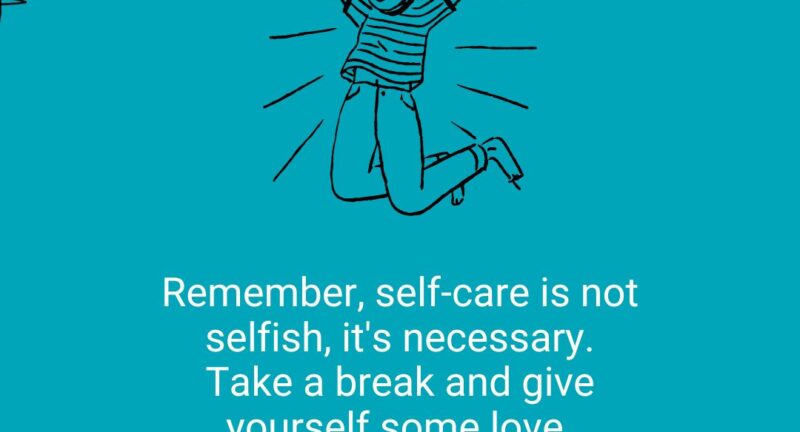
3 Ways to Cope with Extreme Emotions
How to Cope with Extreme Emotions
As humans, we are emotional beings. We all experience different emotions in our day to day lives. Happiness, anger, joy, jealousy, and guilt follow naturally when certain events occur in our lives.
Many of us, however, are quick to feel emotions more intensely than others. Emotions seem to hit hard and occur more frequently adding more stress to any given circumstance. Coping well with our emotions is a skill that we are not taught in school, but if not learned to manage effectively can affect us and those around us in toxic ways. Our lives begin to feel even more unmanageable and relationships begin to disappear or suffer tremendously.
Marsha M. Linehan, Ph.D., ABPP, the founder of Dialectical Behavior Therapy (DBT) developed skills for effectively managing extreme emotions. These skills change your body chemistry quickly in order for you to be able to make the next best decision. TIP is an acronym that stands for Temperature of the body, Intense exercise, and Phasing your Breath paired with muscle relaxation. Before engaging in any of these activities, it is advisable to consult with your healthcare provider so as to make sure that you are physically cleared and able to engage in them. These activities are further explained below:
1. Temperature of the Body
You can calm down really quickly by changing the temperature of your body by using ice cold water. This can be easily done by filling a bowl up with cold water and possibly even adding some ice, holding your breath and immersing your face in the bowl of water. Another way to engage in the cold water exercise is to hold either a cold pack or ziplock bag full of cold water or a bag full of ice, for about 30 seconds. When doing this, one should remember to keep it at a temperature above 50 degrees to avoid sensitivity to your skin.
2. Intense Exercise
In a bid to calm your body down when it’s all revved up by extreme emotions, you can do any kind of intense exercise for a very short period of time. This can include but is not limited to, running in place, walking really fast, jumping up and down, playing basketball and lifting weights. Basically, these exercises should expense your body’s stored up physical energy. Doing such exercises over short periods of time reduces the intense emotions that you’re feeling by burning off that energy.
3. Phasing Your Breath
This involves slowing down your breathing by taking “belly breaths.” Breathe in deeply into your belly and slow down your phase of inhaling and exhaling to an average of 5 to 6 breaths a minute. It also involves breathing out more slowly than you’re breathing in. For example, breathing into the count of 5 and breathing out to the count of 7. This breathing exercise is coupled with muscle relaxation.
While you’re doing the deep belly breaths, tense your body muscles as tightly as you can. Be careful however not to tense them so much as to cause muscle cramps but just enough to notice the tension in your whole body. While breathing out say the word “relax” to yourself and then let go of all the tension. This creates a significant difference in your body. You can do this with the whole body or with large muscles. For example, you can tense the muscles in your legs and then release them to relax. This can also be done to your arms and the facial muscles. Each time you breathe out as you relax your muscles, you can say the word “relax”.
The above summarizes how TIP works and how one can effectively deal with extreme emotions in the shortest time possible. It is an effective skill that can be tried out by individuals in different situations who experience extreme emotions.
Ready to Learn More?
To learn more about the best coping strategies when experiencing emotional distress, please get in touch with us.
Call us at 502-339-2442 to book an appointment or email us at consult@nextstep.doctor. You can also request a telehealth appointment here.
Related Posts
An Introduction to Mindfulness
Research shows mindfulness can actually change the brain’s grey matter and...
Navigating the Holiday Season: Support for Those Sandwiched Between Childcare and Caring for Aging Parents
The holiday season is often viewed as a time of joy, family, and togetherness....

